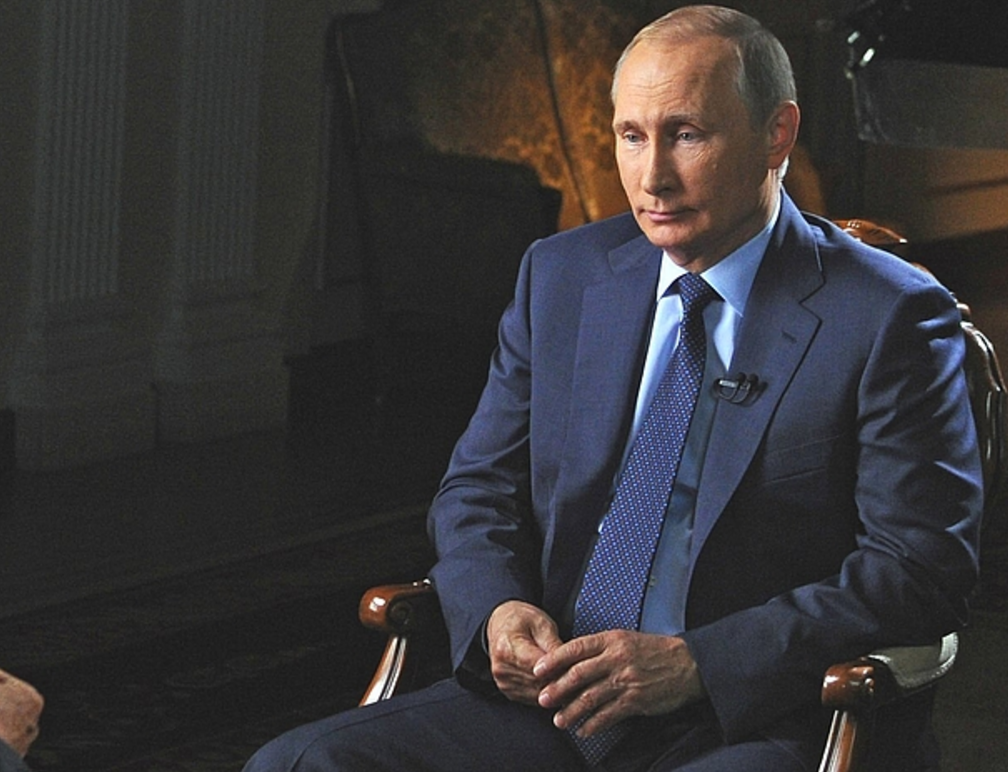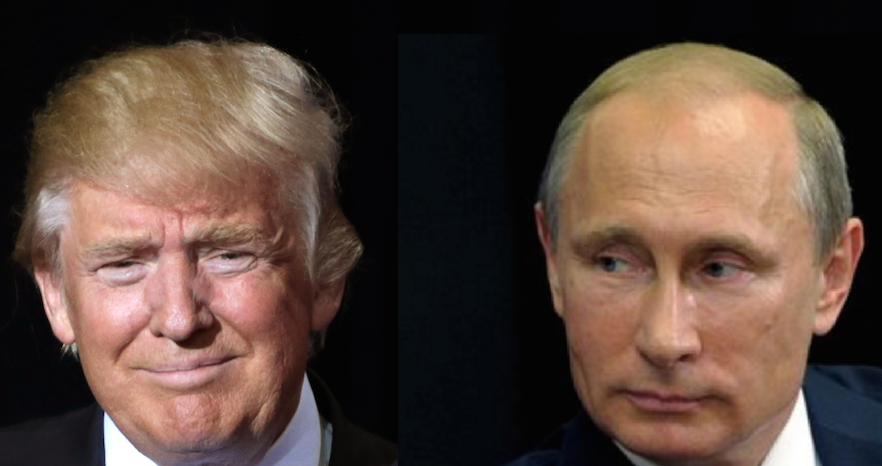First world miracle: Russian diplomats' life expectancy increases to 46.2 years, "same as under Stalin"
GENEVA -- The World Health Organization announced Wednesday that Russian diplomats' average life span had increased to 46.2 years, up from 44.3 years in 2015 -- a development that health researchers are hailing as a "miracle of modern medicine."
Since Russia's Vladimir Putin resumed the presidency in 2012, being a Russian diplomat has consistently proven to be one of the most dangerous jobs in the world, according to health researchers.
"In terms of mortality rates, the average life expectancy of a Russian diplomat has been worse than that of Tilikum's SeaWorld trainers, relatives of North Korea's Kim Jong-Un, and the black guy in horror films," said the WHO's Director-general Margaret Chan.
"We're heartened that the trend appears to be reversing," she said.
She attributed Russian diplomats' lengthening lives to their developing resistance to radioactive polonium.
If only the Russian diplomats Andrei Karlov, Peter Polshikov, Vitaly Churkin, Alexander Kadakin, Andrei Malanin, and Sergei Krivov had "lived to see this day," she said.




